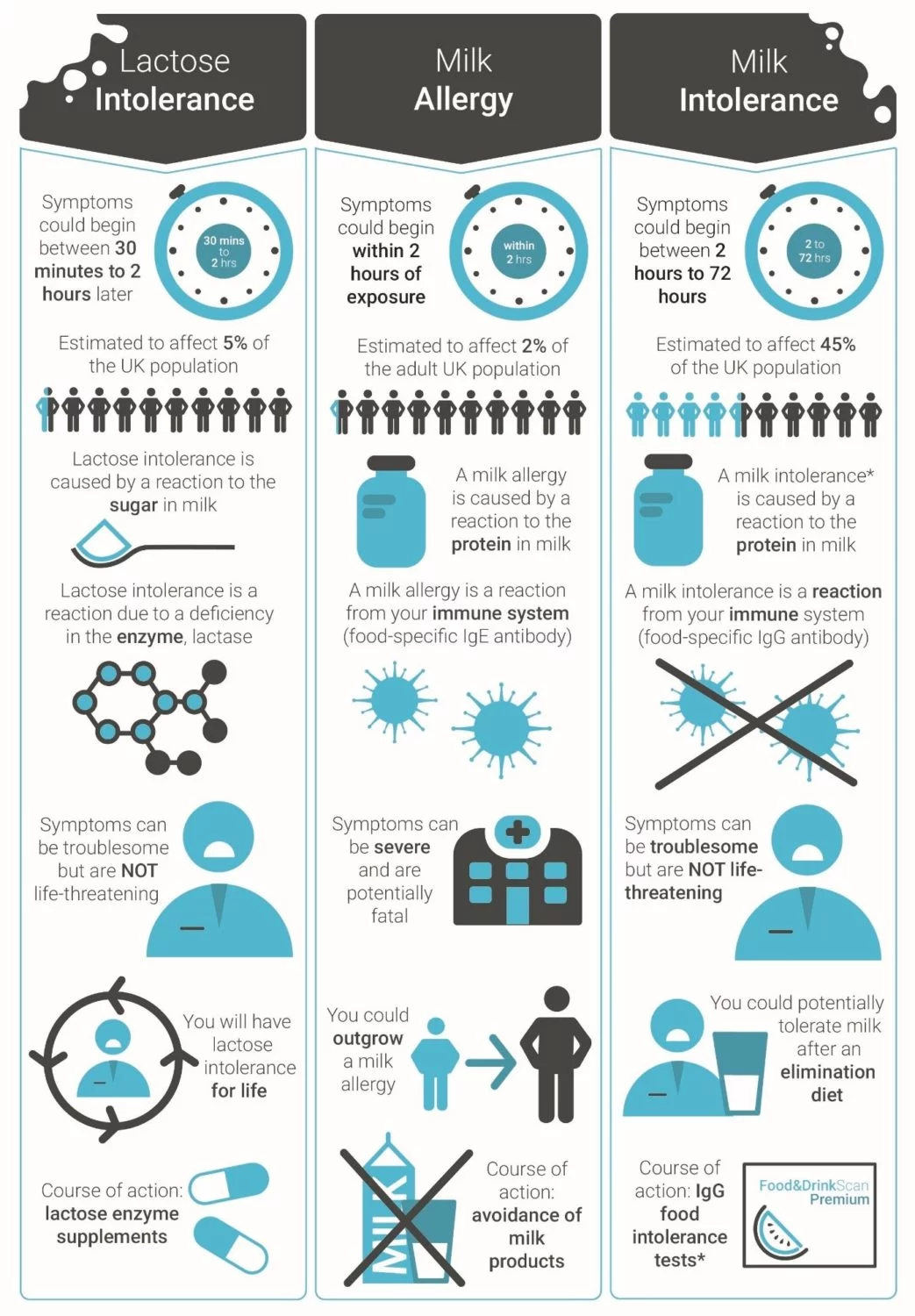
Lactose intolerance is the result of an inability to digest the sugar lactose. Lactose is comprised of two sugar molecules.

Lactose intolerance is the result of an inability to digest the sugar lactose.
Lactose intolerance and constipation. But constipation is not a typical symptom of lactose intolerance. Lactose intolerance leads to diarrhea bloating and pain not constipation says Matthew Ciorba MD a gastroenterologist and associate professor at Washington University School of Medicine in St. People with lactose intolerance may have the following symptoms also.
Bloating Rumbling sound in the abdomen Nausea and vomiting Foamy stools. Considerable prevalence of intestinal constipation and lactose intolerance were found in addition to significant prevalence of overweight and abdominal obesity in individuals diagnosed with these two gastrointestinal disorders highlighting that excess fat tissue in addition to being a risk factor for migraine also makes individuals more predisposed to GIT disorders. Lactose intolerance does not cause constipation.
Constipation after drinking or eating dairy products is the result of milk protein intolerance. The two conditions are commonly confused with one another but are very different in their cause. Lactose intolerance is a digestive disorder caused by the inability to digest lactose the main carbohydrate in dairy products.
It can cause various symptoms including bloating diarrhea and. Lactose is the sugar in milk and your body produces lactase ti break it down. You get an intolerance when your body does not produce enough of the enzyme to digest it.
Milk allergy is when your body thinks the milk ingested is harmful so produces antibodies to attack the proteins. Lactose intolerance reactions occur after about an hour. But lactose intolerance also causes nausea and vomiting with many patients presenting with constipation because of reduced intestinal motility rather than diarrhoea.
Lactose is a complex sugar which is difficult for the body to absorb. The sugar should be simplified into galactose and glucose for the body to digest it fully. For that our body needs the enzyme called lactase.
A lack of lactase causes bloating nausea gas cramping and diarrhea. Alternatives to Prevent Constipation due to Dairy Milk. To relieve constipation and other digestion-related.
Lactose intolerance is the result of an inability to digest the sugar lactose. The consequence is excess gas bloating diarrhea and abdominal discom. The fermentation of lactose in the colon leads to the production of the gases hydrogen carbon dioxide and methane.
How much gas an individual produces will differ although what they share is that there is no associated smell. Additional symptoms of an intolerance that you may experience are constipation headaches eczema and tiredness. Lactose intolerance is the inability to digest lactose the sugar in milk.
Lactose is comprised of two sugar molecules. Lactose intolerant individuals have low activity of the enzyme lactase which breaks down lactose into gluctose and galactose. Lactose intolerance occurs in 65 of the worlds population.
Lactulose is a man-made sugar commonly used as a stool softener to treat constipation. Lactulose contains lactose and is not recommended for use by people who have been diagnosed with lactose intolerance. Taking this medication to treat constipation if youre lactose intolerant can cause cramping diarrhea bloating and stomach pain.
Lactose intolerance is a common condition caused by a decreased ability to digest lactose a sugar found in dairy products. Those affected vary in the amount of lactose they can tolerate before symptoms develop. Symptoms may include abdominal pain bloating diarrhea gas and nausea.
These symptoms typically start thirty minutes to two hours after eating or drinking milk-based food. Lactose intolerance is the inability to digest lactose the sugar in milk and dairy products. Learn more about this common condition from WebMD.
Lactose intolerance is a common digestive problem where the body is unable to digest lactose a type of sugar mainly found in milk and dairy products. Symptoms of lactose intolerance usually develop within a few hours of consuming food or drink that contains lactose.